
St Gregory's Long Term Plan for Science
| Name | |
|---|---|
| Science Overview.pdf | Download |
Science
Science Statement of Intent
We recognise the importance of science in every aspect of daily life. As one of the core subjects, we give the teaching of science the prominence it requires. We aim to equip pupils with knowledge, skills and understanding and to encourage children to be inquisitive throughout their time at St Gregory’s. Throughout the programmes of study, the children will acquire and develop the key knowledge that has been identified within each unit and across each year group. We will ensure that the Working Scientifically skills are built-on and developed throughout children’s time at the school so that they can apply their knowledge of science when using equipment, asking questions, building arguments and explaining concepts confidently. We will encourage them to continue asking questions and to be curious about the world around them.
Pupil Voice
Our children say:
“Science is fun. We know that there are lots of jobs that involve Science. We do lots of experiments and have visitors and visits that help us to understand Science.
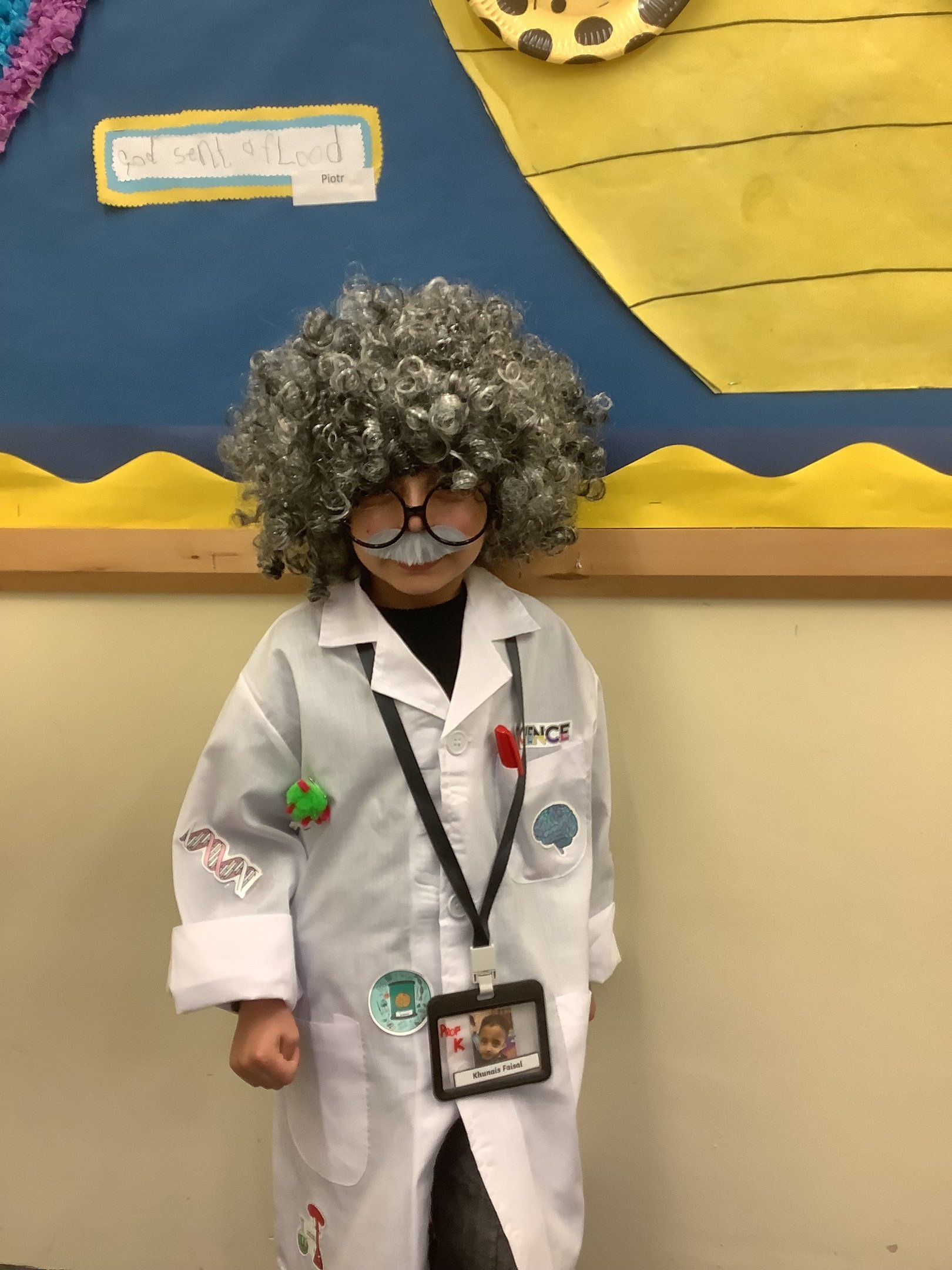 |
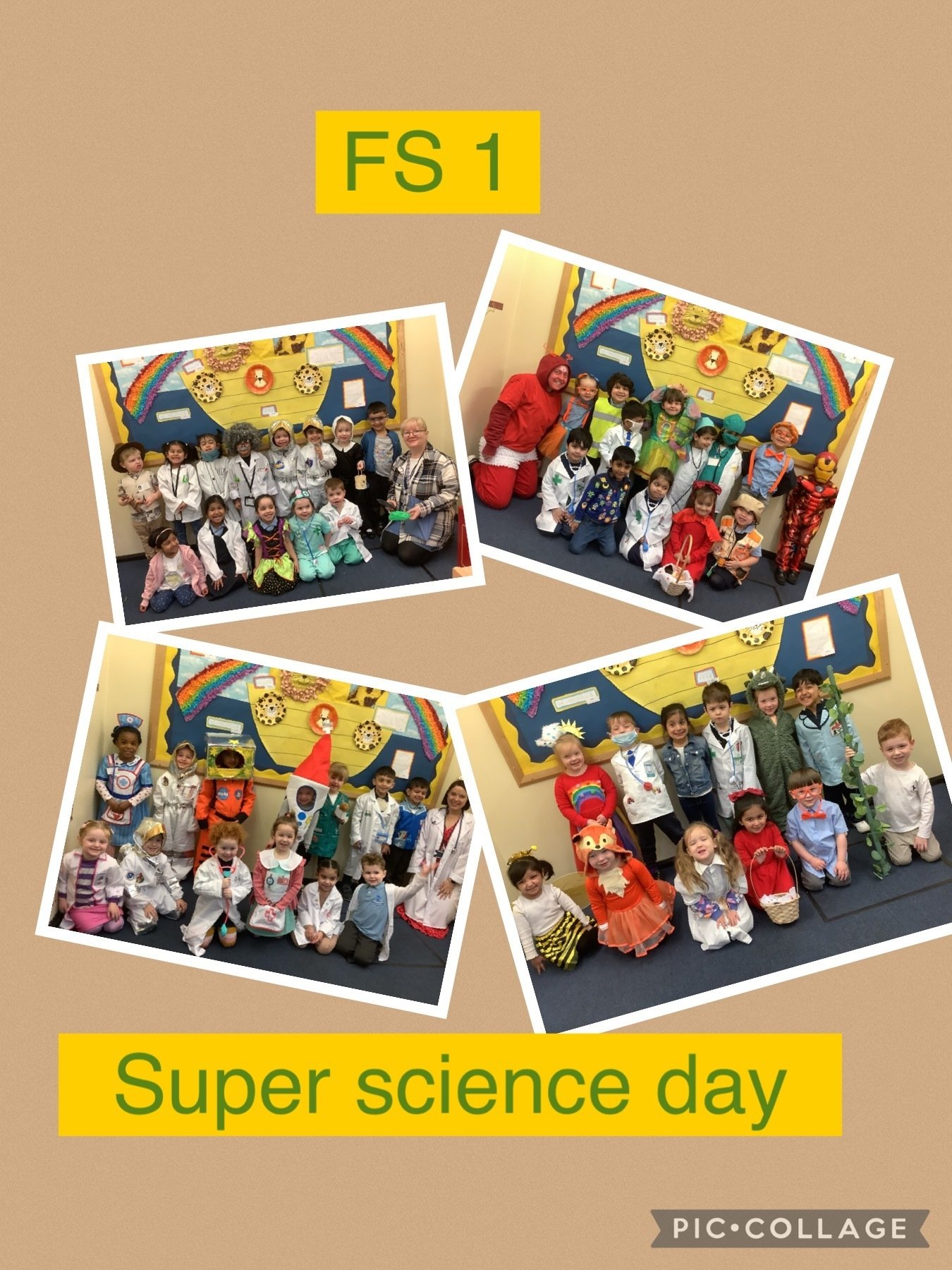 |
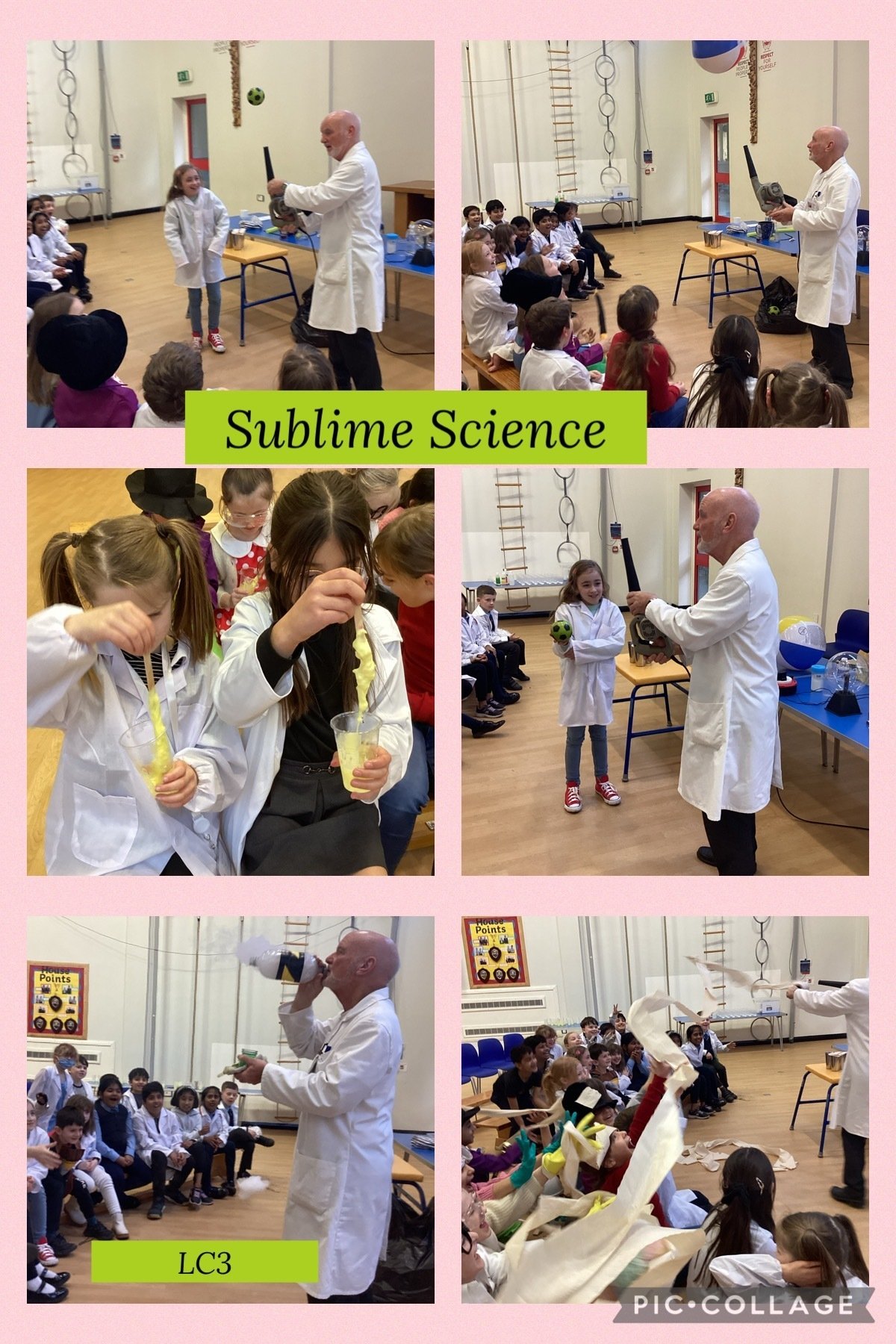 |
|
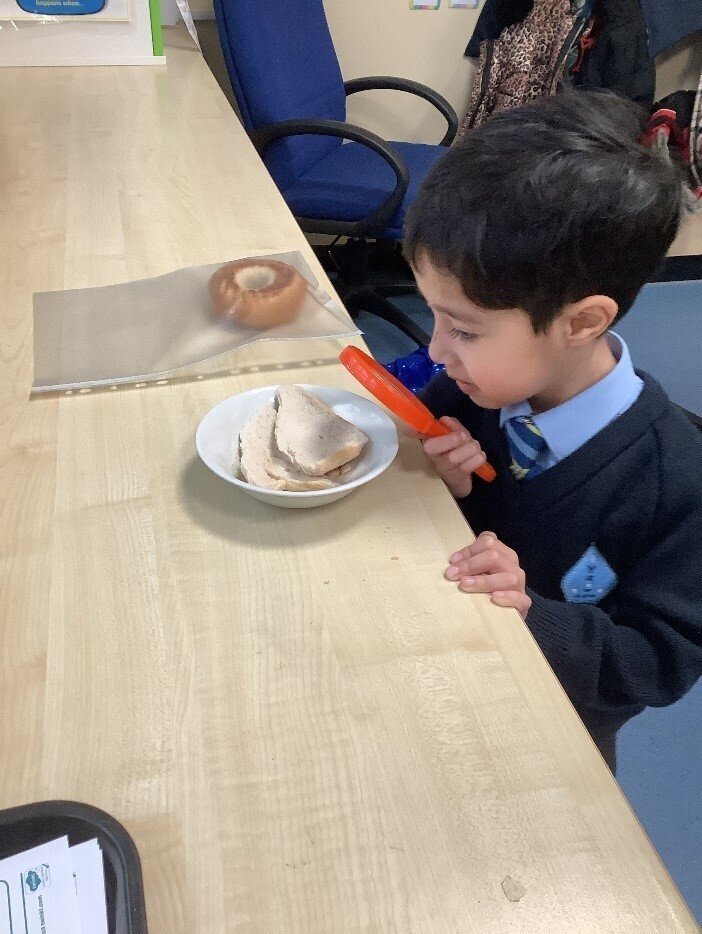 |
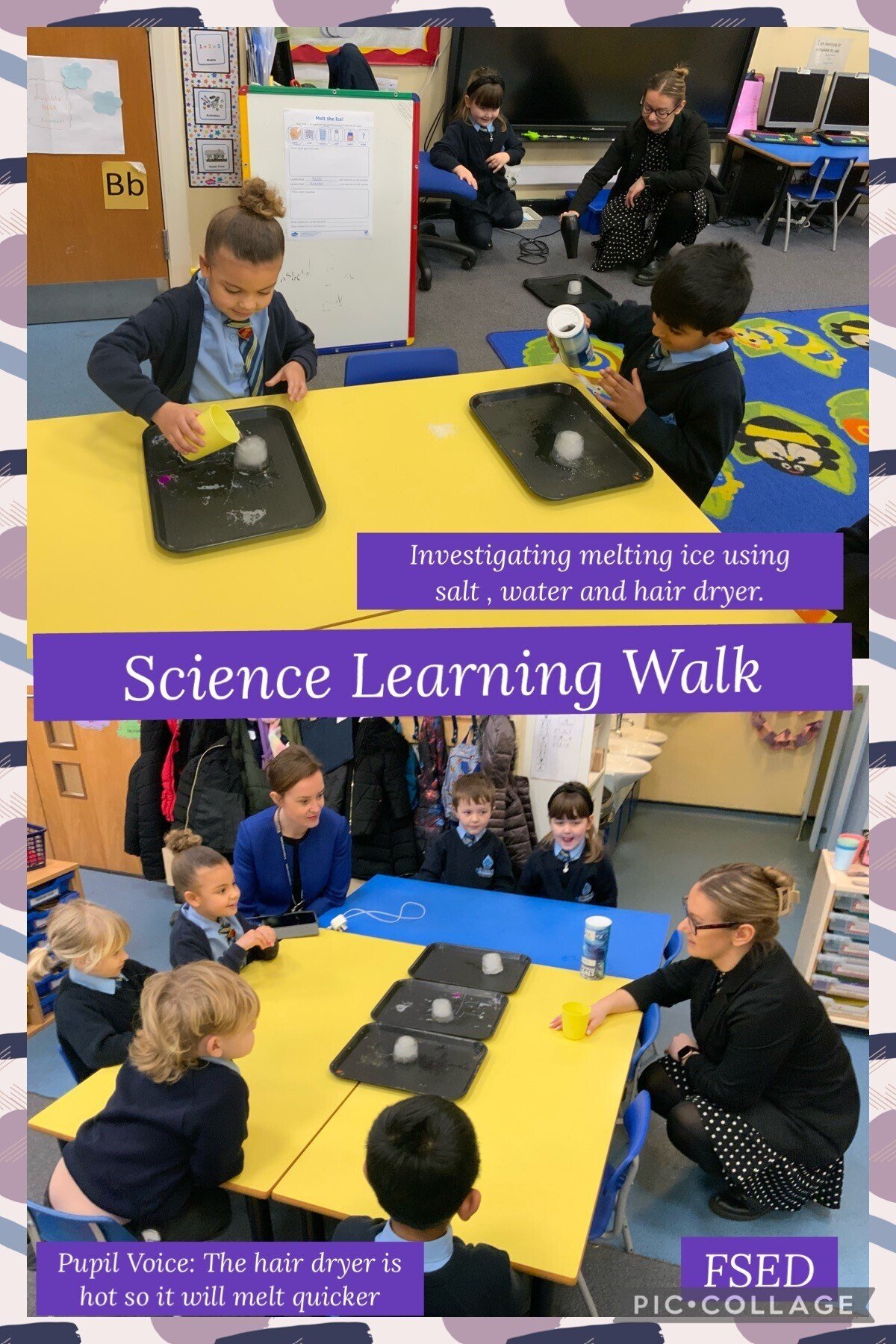 |
 |
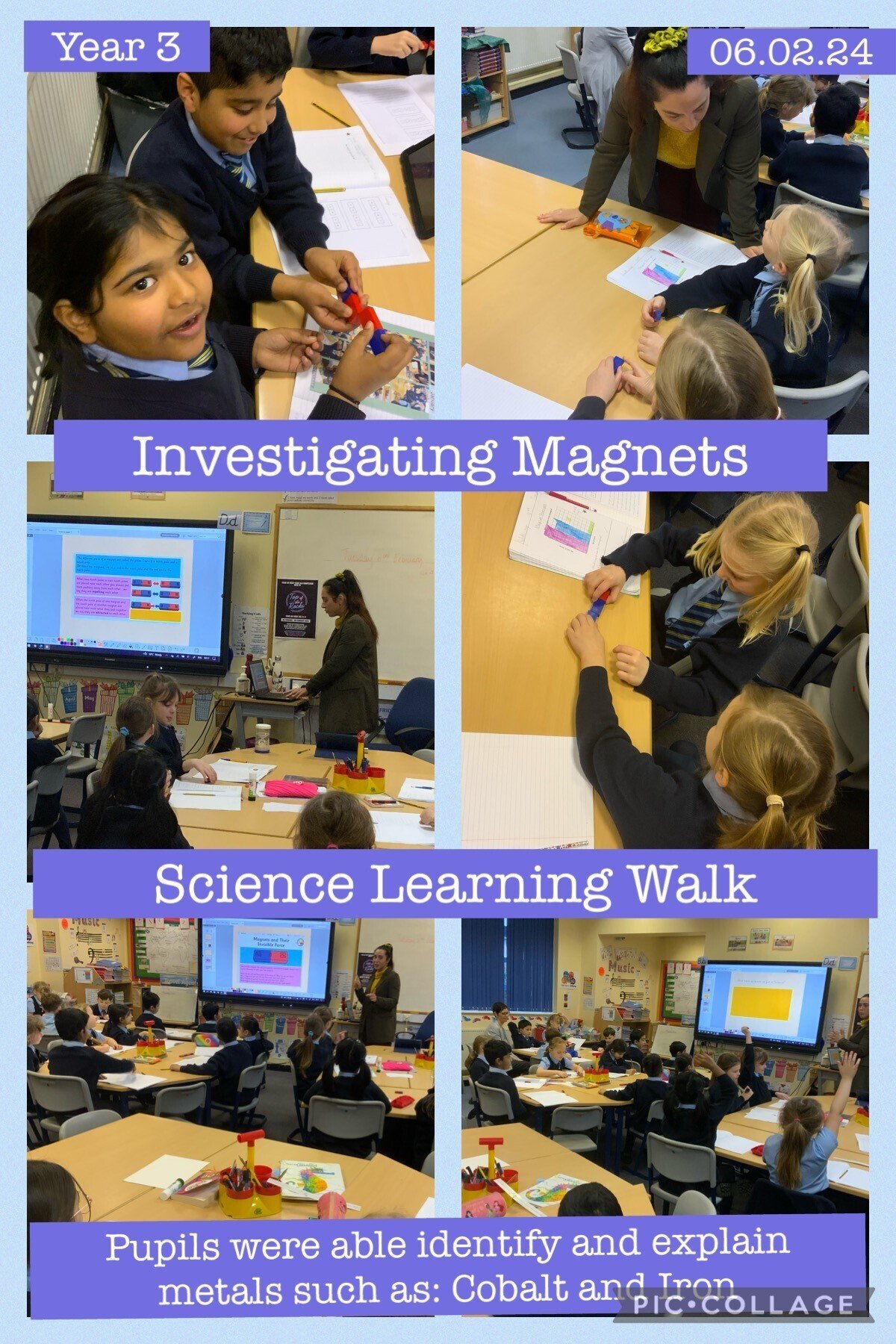 |
Science Statement of Implementation
In the Foundation Stage
Children are taught Science through the key area of learning set out within the EYFS Statutory Framework.
Through a broad range of teacher-led, child-initiated and continuous learning opportunities, children will be taught to:
. Use their senses to investigate a range of objects and materials
. Find out about, identify and observe the different features of living things, objects and worldly events
. Look closely at similarities, differences, patterns and change
. Ask questions about why things happen and why things work
. Develop their communication and co-operation skills
. Talk about their findings using Scientific vocabulary, sometimes recording them
. Identify and find out about features of the place they live and in the natural world around them.
Key Stages 1 and 2
Science is taught every week for 2 hours with additional sessions being taught where and when possible.
Science is taught in planned and arranged blocks. This is a strategy to enable the achievement of a greater depth of knowledge. Through our planning, we involve problem solving opportunities that allow children to find out for themselves. Children are encouraged to ask their own questions and be given opportunities to use their scientific skills and research to discover the answers.
The heart of Science teaching at St Gregory’s is our commitment to practical, explorative and investigative learning. We believe in a hands-on approach where children learn by doing it for themselves. This approach encourages our children to build resilience and become creative, critical thinkers.
Our teaching and learning supports our curriculum by ensuring that lessons build on prior learning and provide opportunities for guided and independent practice.
Planned events, such as STEM fortnight, provide broader provision and the acquisition and application of knowledge and skills and make crucial links between subjects.
Impact
The successful approach at St Gregory’s results in an engaging and high-quality science education that provides children with the foundations and knowledge for understanding the world.
Children will know more, remember more and understand more about Science in the world. Children retain prior-learning and explicitly make connections between what they have previously learned and what they are currently learning.
All children will have scientific knowledge and understanding, and scientific enquiry/investigative skills; a richer vocabulary to articulate their learning and confidence and a love of Science
Science Curriculum
Teaching Science - Through Stories
SCIENCE FUN AT HOME - WHY & HOW ACTIVITIES

 Arbor
Arbor





